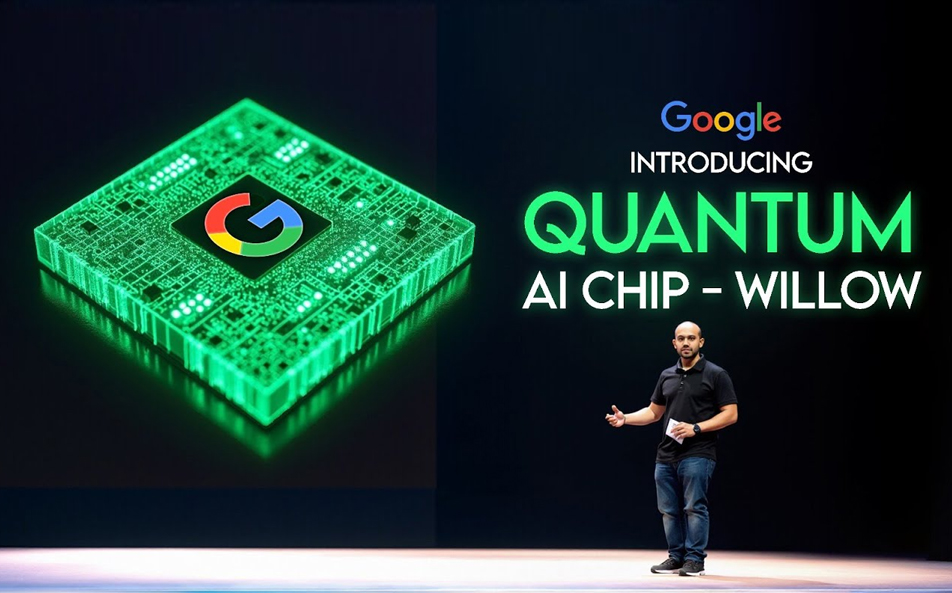Key Takeaways
- ChatGPT Atlas is OpenAI’s new AI-powered browser built around conversational search.
- Agent Mode lets paying users perform autonomous, context-aware browsing tasks.
- OpenAI’s expansion targets Google’s dominance as AI-driven search adoption doubles.
OpenAI Introduces ChatGPT Atlas
OpenAI has officially launched ChatGPT Atlas, a new artificial intelligence-powered web browser designed to challenge industry giants like Google Chrome and Microsoft Edge. Announced Tuesday and currently available on macOS, Atlas eliminates the traditional address bar and instead integrates ChatGPT as its central interface.
CEO Sam Altman described the browser as “built around ChatGPT,” reflecting OpenAI’s ambition to make conversational AI the foundation of everyday internet use.
AI-Powered Browsing and Agent Mode
One of Atlas’s standout features is Agent Mode, available exclusively to paying ChatGPT subscribers. This mode allows the browser to perform searches and tasks autonomously—leveraging AI to make “improvements that make it faster and more useful by working with your browsing context,” according to OpenAI.
The company’s new browser represents another step in its broader monetization push. Alongside Atlas, OpenAI has forged partnerships with Etsy, Shopify, Expedia, and Booking.com, deepening the chatbot’s integration into real-world online services.
At its DevDay event earlier this month, Altman revealed that ChatGPT had reached 800 million weekly active users, doubling its user base since February 2025, per data from Demandsage.
Competing with Google and Microsoft
While Atlas marks a bold move into web browsing, industry analysts are divided on its impact. Pat Moorhead, CEO of Moor Insights & Strategy, noted that early adopters will likely “kick the tyres” on Atlas but expressed skepticism that it will threaten Chrome or Edge, which already offer similar AI-enhanced features.
Microsoft Edge, for instance, has integrated OpenAI-powered tools since early 2024, giving it a head start in AI-assisted browsing.
OpenAI’s entry into the browser market comes just a year after Google was ruled an illegal monopolist in online search. Despite the ruling, Chrome remains dominant, and the court did not order Google to divest its browser.
Also read : New Images Suggest 3I/Atlas May Not Be a Comet, Scientists Divided Over Interstellar Mystery
AI Search Is Gaining Ground
The rise of ChatGPT Atlas coincides with a larger shift toward AI-assisted web searches. According to Datos Research, 5.99% of desktop searches in July 2025 were conducted via large language models (LLMs)—more than double the rate a year earlier.
With Atlas, OpenAI aims to capitalize on this momentum and redefine how people find information online—moving away from keywords and URLs toward conversation-driven exploration.
Whether Atlas can truly compete with Chrome’s reach remains uncertain, but its debut underscores a broader transformation: the web’s future may belong to browsers that think as much as they search.
Disclaimer: The information in this article is for general purposes only and does not constitute financial advice. The author’s views are personal and may not reflect the views of GameDegen.com. Before making any investment decisions, you should always conduct your own research. GameDegen.com is not responsible for any financial losses.




